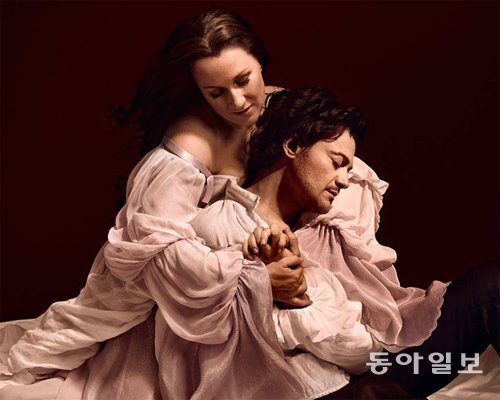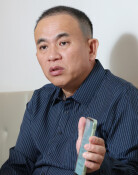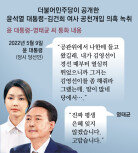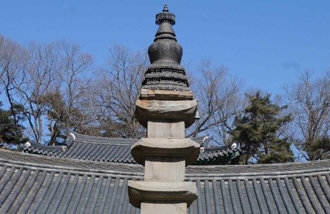Don’t misunderstand an aria title of an opera
Don’t misunderstand an aria title of an opera
Posted November. 29, 2016 07:10,
Updated November. 29, 2016 07:22

“La donna è mobile,” the title of an aria of Verdi’s Rigoletto, is translated into “A Woman’s Mind” in Korean. However, if it is literally translated into Korean, it would be “The woman moves,” which would not fully deliver the meaning in Korean. "E lucevan le stelle" from Puccini’s Tosca is translated into “Though the stars are shining.” As Cavaraddosi sings the aria in the wee hours, “Though the stars are shining” does not sound weird. If you look closely at the lyrics, you will find him reflecting on his happy past with his lover under a star-lit sky.
Sometimes titles are misleading. Donizetti’s opera “L'elisir d'amore” has a famous tenor aria called “Una furtive lagrima (A furtive tear). As it is translated as “Tears shed in secret” in Korean, though it is not wrong, it is often make people think that it is a sad song for the leading character. In fact, it is a song that he sings happily as he saw the tears of the woman whom he loves, thinking it is evidence that she loves him.
As the first few words of a lyric are used as a title, it often causes misunderstanding. Gounod’s “Romeo and Juliette” has Juliet’s area called "Ah! Je Je veux vivre dans le rêve," which is translated, “Ah, I want to live in a dream.” Sometimes, only "Ah! Je veux vivre" is taken out and translated into “Ah, I want to live!” It is completely different.
“Soloists’ ensemble,” a year-end concert where opera singers sing in solo or in chorus, is held at Seoul Arts Center on Dec. 6. Soprano Kim Hee-jeong will sing an aria of Gounod’s Romeo and Juliet. “Of course,” a good translation of the title - “Ah, I want to live in a dream” - is on the program book.
gustav@donga.com
Headline News
- N. Korea conducts ICBM test ahead of U.S. presidential election
- Samsung Electronics to expand 5th Gen HBM Sales in Q4
- Gov’t flags possible tax evasion among pension exemption applicants
- Draft of U.S.-brokered 60-day truce between Israel and Hezbollah leaked
- Half of working seniors earn less than 1 million won per month







